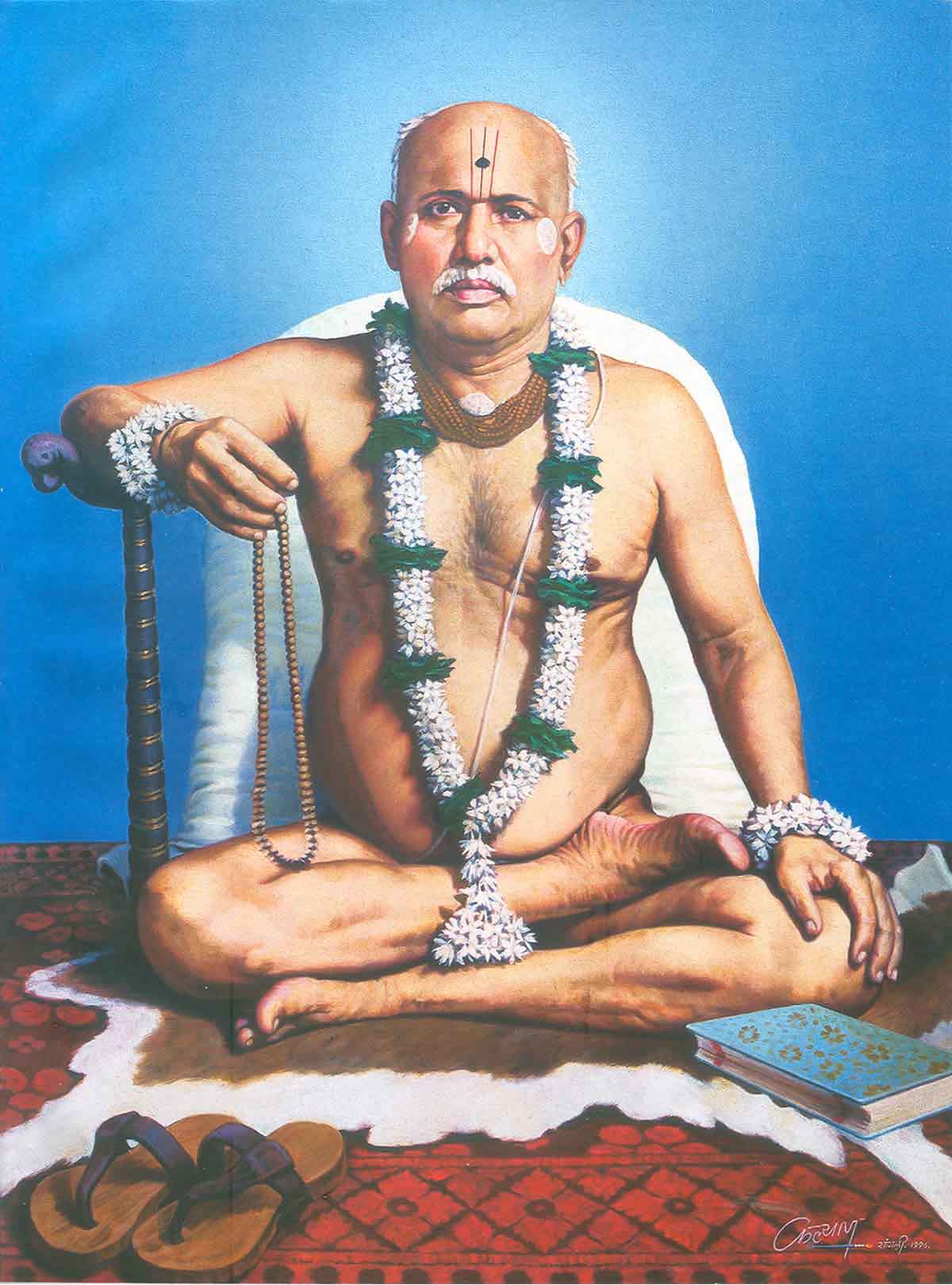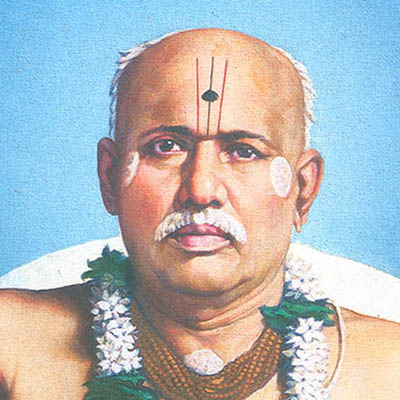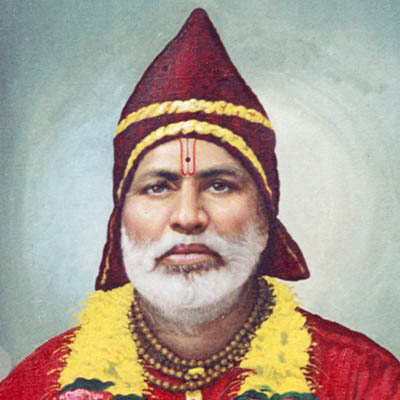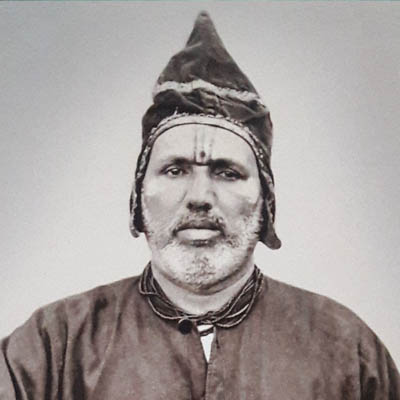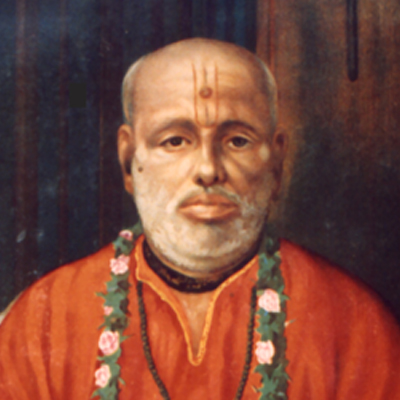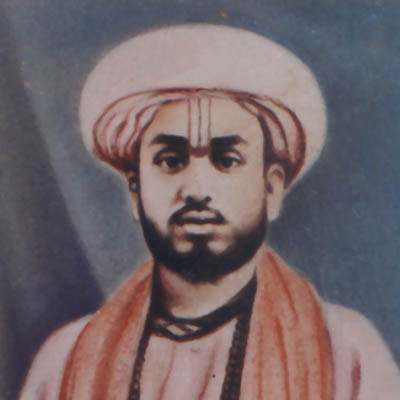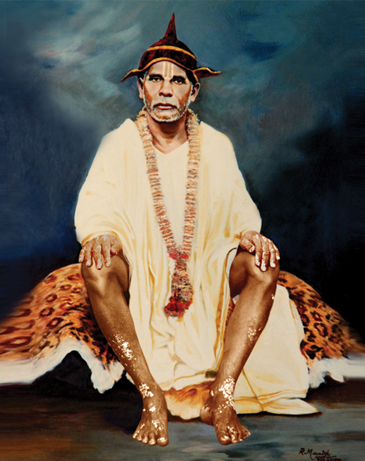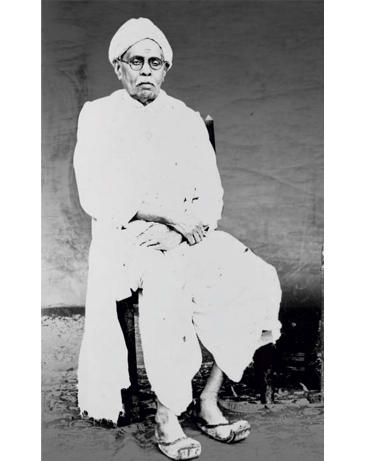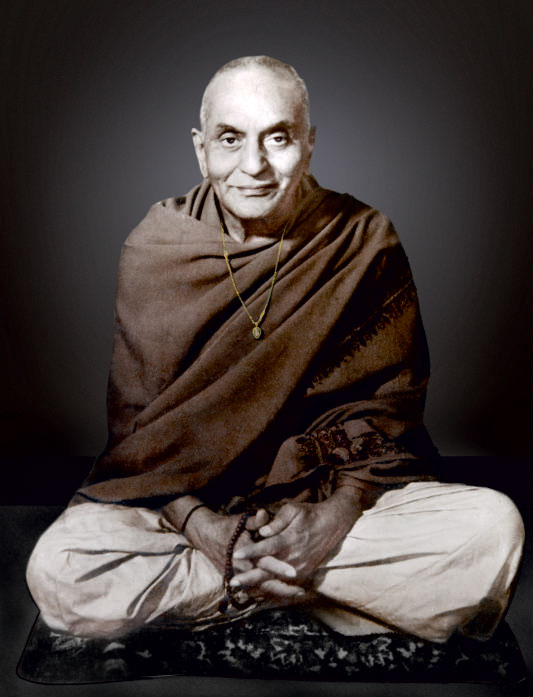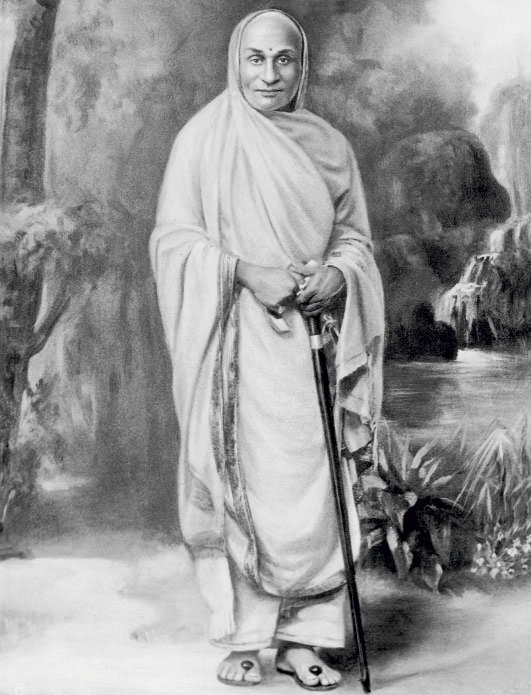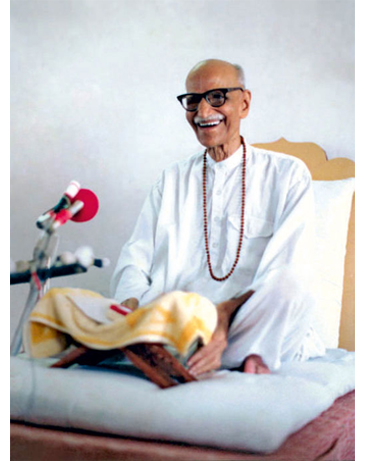Philosophy of Life :
Shri Maharaj believed that man must use his reason in the right way if he desires to be happy in this world. A rational analysis of
our everyday experience was his chief argument. He held that the fundamental need of man is inward comfort which issues from a
spiritual outlook on life. Man grows in age, wealth, knowledge and power over nature. But he does not grow in spirit, virtue and
wisdom.
But man alone among the animals possesses the freedom to rise to higher moral and
spiritual planes of existence. He has the freedom to think and to will his progress. Hence man must start his upward march
by first knowing himself.
Man is more than his body and mind. He is also spirit. If he lives a life in the forgetting of spirit, he is under the spell of
Avidya i. e. Ignorance. Avidya gives rise to selfishness in all forms. This is the condition of sin and suffering. It causes
anxiety and insecurity. It is filled with fear of death. If man lives a life in the awareness of spirit, he is in the realm of
Vidya i. e. Knowledge. Vidya gives rise to wisdom, virtue and divine Ananda. It is the condition of Freedom i. e. Moksha
and Immortality i. e. Amrita. This is divine experience. The reality experienced in Vedas is Satchidananda or God. God is nothing
but the Absolute from the human point of view. He creates the world out of Himself. He is immanent in everything that is created.
There is nothing in the world so low but God is present in it. Man will remain restless until he installs himself in God.
The world of Samsara i. e. change is the opportunity given to man for self-knowledge.

